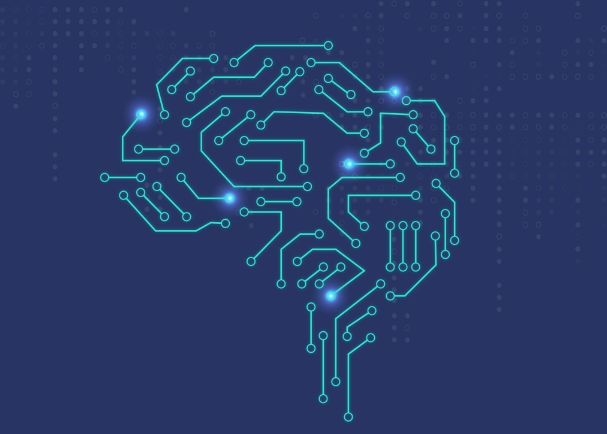Artificial Narrow Intelligence: Understanding the Basics and Its Impact
As artificial intelligence continues to evolve, understanding its various forms becomes essential to navigating our increasingly tech-driven world. One key area is Artificial Narrow Intelligence (ANI), which focuses on specialized tasks. This blog post will delve into what ANI is, how it differs from broader AI concepts, and its real-world applications.
What is Artificial Narrow Intelligence?
Artificial Narrow Intelligence refers to AI systems designed to perform specific tasks with a level of intelligence that can sometimes surpass human capabilities in that domain. Unlike Artificial General Intelligence (AGI), which aspires to replicate human cognitive abilities across various tasks, ANI excels in a narrow field. For example, ANI powers algorithms used in recommendation systems on streaming platforms, voice-activated assistants, and even customer service chatbots. By concentrating on these specific functions, ANI can achieve impressive results, making it a vital component of our everyday technology.
Applications of Artificial Narrow Intelligence
The applications of ANI are vast and varied, impacting numerous industries in significant ways. In healthcare, ANI algorithms can analyze medical images with high accuracy, helping doctors diagnose conditions more efficiently. In the financial sector, ANI systems are utilized for fraud detection by rapidly identifying unusual patterns in transactions. Even in entertainment, ANI personalizes user experiences by recommending shows and movies based on viewing habits. These examples demonstrate that while ANI may be narrow in focus, its influence is anything but limited, shaping how we interact with technology and informing decisions across a spectrum of fields.
Benefits and Challenges of ANI
While ANI offers numerous advantages, such as increased efficiency and enhanced accuracy in specific tasks, it also presents some challenges. One major concern is the potential for bias in ANI algorithms, which can lead to unfair outcomes if the data used for training is skewed. Additionally, as ANI systems become more integrated into our lives, issues around privacy and data security arise. These challenges highlight the importance of responsible AI development and regulation, ensuring that the benefits of ANI are harnessed effectively while safeguarding societal values.
In conclusion, Artificial Narrow Intelligence is a powerful tool reshaping various sectors while also prompting important discussions about ethics and regulation. By understanding ANI and its implications, you can better appreciate how technology is evolving and how it influences your daily life. Dive deeper into this fascinating topic, and consider how you might leverage ANI in your own endeavors!

